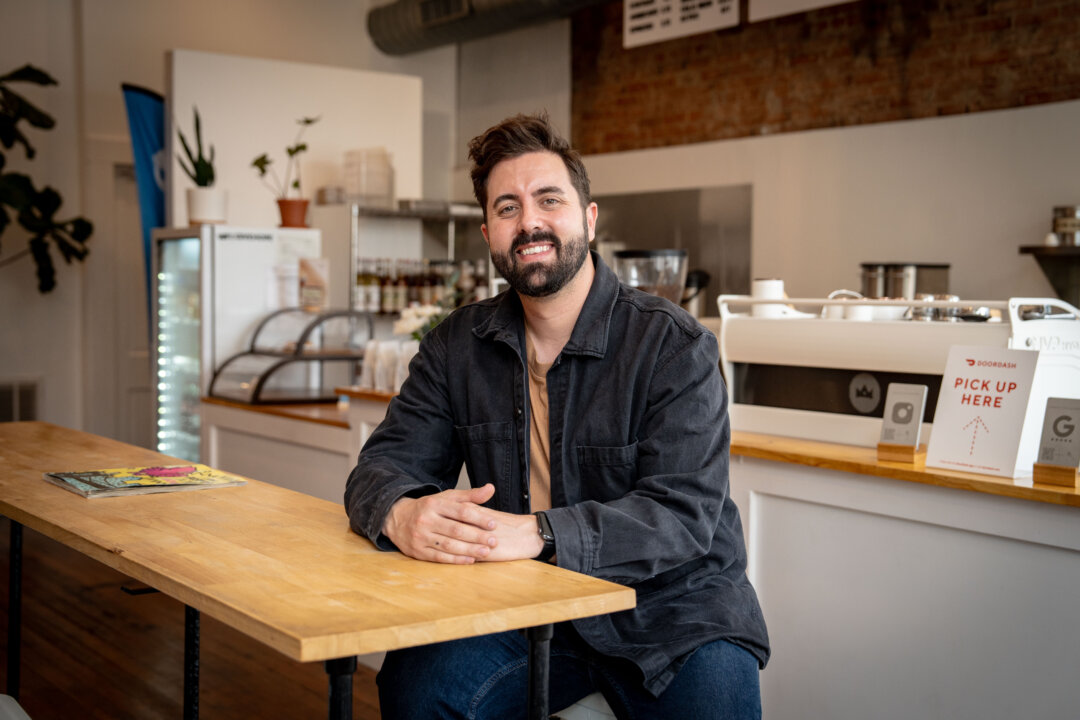By Kerri CarswellHow many nights have you found yourself ready for bed, but you picked up your phone, opened TikTok, and suddenly it was 2 a.m.? As a college student, I often find myself caught up in hours of endless scrolling instead of sleeping — which leave me exhausted and barely functioning the next day.
Or how many times have you sat down to study, work on a project, do your taxes, or tackle something productive, only to decide you “just need a five-minute break,” which turns into a two-hour scroll session? That’s the reality for so many people, including me, caught in the addictive grip of social media.Now imagine that same cycle — but in the hands of an angsty teen in the midst of the most formative years of their life. Children, whose brains are still developing, are especially vulnerable to these platforms’ manipulative design features.

As these children hit adolescence, their brains produce an abundance of “happy hormones,” (dopamine and oxytocin) in an area called the ventral striatum. Social media activity easily gives this region of the brain a dopamine or oxytocin “rush,” resulting in its users undergoing an endless cycle of chasing these hormones — much like a drug addict chases the next high.Many, including those like me who personally struggle with this cycle, believe it’s time we step in to protect children’s safety.
House Bill 301 in the North Carolina General Assembly offers us the chance to do so. This bill aims to enhance online safety for children under 16 by requiring anonymous age verification. Children under 14 would be prohibited from having social media accounts, and 14- or 15-year-olds would need parental consent to use these platforms.
Social media companies would be given 30 days to delete accounts that don’t comply, and violations could result in a $50,000 penalty per case. The ban only includes platforms which have addictive features, such as infinite scrolling, push notifications, personal interactive metrics (like/comment buttons), auto-play video, and live-streaming. These would likely include Instagram, TikTok, YouTube and Facebook, but not WhatsApp, Gmail or services that are not primarily designed with these addictive elements.
Perpetual scrolling is not only distracting, it’s also damaging. During adolescence (ages 10-19), the brain is going through many changes in structure and function, making this a sensitive period of development. When exposed to addictive elements during this time, the long-lasting effects on cognitive functioning are detrimental.
Essentially, a rewiring of the brain occurs, resulting in a shortened attention span, poor impulse control, anxiety, depression and other issues for minors who are still developing their prefrontal cortex — the brain’s “executive control center.”Screen time, especially right before sleep, can also affect a child’s ability to regulate their heart rate or produce melatonin, resulting in poor sleep quality. Many studies link poor sleep quality to an array of cognitive issues, to include a heightened risk of suicidal ideation.
Suicide is the second-leading cause of death for North Carolinians between the ages of 10-18, according to the State Health Department.Social media platforms have evolved from spaces to share photos and memories into bottomless pits that are designed to keep us hooked. I’ve seen firsthand the chokehold these apps can have.
But I’m an adult — and my brain is almost fully developed. For minors, this addiction can cause serious, sometimes irreversible, harm to their developing brains. Adults have a stronger sense of self and are committed to their identities, making these addictive elements harder to reach them.
For adults, dependence on feedback from peers is less important to their overall happiness. And, the prefrontal cortex is more mature, meaning that emotions are more easily regulated.Identity achievement, which involves going through a process of experimentation and finally settling on an identity, is rarely accomplished by the end of adolescence.
Most often, it is realized during college years, as individuals are exposed to different career and lifestyle paths. In the 1960s, Erik Erikson introduced the concept of an identity crisis — any conflict or anxiety caused by uncertainty about one’s social identity.This phenomenon is most frequent in adolescence and can result in poor decision making, as the child attempts to navigate difficult life moments without a strong sense of self.
Many describe this period as “being lost in life.” When I was in middle school, I faced my own identity crisis when I had an “emo” phase. I began wearing chokers to school and painting my nails black, simply because I had no idea who I was or wanted to be.
But I did know that my friends were identifying this way, so I thought I had to do these things in order to fit in.The reality we are faced with is that children experience these developmental periods at a far more extreme level because of social media. Undergoing an identity crisis and being vulnerable to perspective taking is a recipe for disaster when coupled with the addictive elements of social media.
I created my first Instagram account when I was nine years old, and I have been hooked to the platform ever since. I often find myself feeling the need to delete the app when I have a busy week or when I’m feeling low mentally, as it does nothing but distract me and force me to compare my life to others.We have laws in place to prevent children from smoking and drinking for a reason: their brains and bodies can be heavily damaged by these addictive substances when introduced at a young age.
Children should be protected from these platforms, as they lead them to feeling isolated and unsure of themselves, which in some cases tragically ends in a child taking their own life. Social media platforms should no longer be allowed to profit off toying with our youth’s mental health.Kerri Carswell is an intern at Carolina Journal and a student at NC State University.
The column first appeared in the Carolina Journal. The post Bill protecting NC children from social media can’t pass soon enough appeared first on Salisbury Post..
Politics

Bill protecting NC children from social media can’t pass soon enough

By Kerri Carswell How many nights have you found yourself ready for bed, but you picked up your phone, opened TikTok, and suddenly it was 2 a.m.? As a college student, I often find myself caught up in hours of endless scrolling instead of sleeping — which leave me exhausted and barely functioning the next [...]The post Bill protecting NC children from social media can’t pass soon enough appeared first on Salisbury Post.















